Every homeowner eventually faces the decision of whether it’s time to replace their furnace. With the impacts of wear and tear, a furnace might not perform as it used to, leading to a less comfortable home environment. Identifying when to replace your furnace is crucial for maintaining efficiency and comfort in your home.
Evaluating the Age and Efficiency of Your Furnace
Determining when to replace your furnace begins with understanding its age and performance. Typically, a furnace has a lifespan of about 15 to 20 years. However, as it ages, its ability to heat your home efficiently declines. Older furnaces often consume more energy to provide the same level of comfort, which can be reflected in higher utility bills. Regular maintenance can extend the life of a furnace, but age and efficiency go hand in hand when considering replacement.
Efficiency benchmarks are crucial for evaluating your furnace’s performance. Modern furnace systems offer better energy efficiency due to technological advancements and improved design. Newer models generally have high Annual Fuel Utilization Efficiency (AFUE) ratings, which measure the furnace’s ability to convert fuel into heat. A high AFUE rating indicates that a larger percentage of fuel is effectively used to heat your home, thus reducing waste and lowering operational costs. If your furnace’s AFUE rating is significantly lower than current models, it might be time to consider installation of a new, more efficient unit.
Investing in a modern furnace system not only enhances heating performance but also contributes to environmental sustainability by reducing the carbon footprint. Exploring the potential savings with a high-efficiency model can also provide financial benefits in terms of long-term energy costs. This evaluation is key in determining whether replacement is a more viable option compared to continuing furnace repair for an older unit.
Recognizing Consistent Heating Issues
Frequent heating problems are a strong indicator that it might be time for furnace replacement. Common issues with aging furnaces include frequent breakdowns, uneven heating throughout the home, and unexplained increases in energy bills. Regular heating repair to address these recurring issues can become both costly and inconvenient, potentially making a new furnace a more appealing choice.
Pay attention to signs like unusual noises coming from your furnace, such as banging or rattling sounds, as these might indicate significant underlying problems. A lack of sufficient heat output or persistent temperature fluctuations can mean that your system is struggling to operate efficiently. Additionally, if you find yourself constantly adjusting your thermostat to achieve comfort, it might point toward a malfunctioning system.
The need for frequent thermostat replacement or other component repairs also signifies deep-rooted issues. A reliable heating system should require minimal adjustments and repairs once installed. If this is not the case with your current system, considering a furnace replacement might be more sensible.
When you encounter these signs consistently, it is advisable to consult with our professionals. They can assess whether these issues denote the end of your furnace’s service life and provide guidance on upgrading to a more efficient and reliable heating solution. Recognizing these issues early can prevent more significant breakdowns and ensure continued comfort in your home.
Assessing the Cost of Repairs vs. Replacement
To determine whether you should repair or replace your furnace, consider both the immediate and long-term costs. Frequent furnace repair can add up quickly, especially if parts like the blower motor or heat exchanger fail. If repair costs become substantial, often reaching half the price of a new furnace, replacement might be the more economical option. Additionally, newer models often come with warranties that provide peace of mind and reduce unforeseen expenses.
Compare the benefits of a modern furnace system, which generally operates more efficiently than older models, thus reducing energy bills. Consider situations like needing frequent heating repair as a strong indicator that your current system might not be worth the continuous investment. A furnace replacement is a smart decision when the existing system has surpassed its useful life and fails to meet the heating demands of your home efficiently.
Factors like improved safety features, enhanced comfort levels, and increased system reliability also contribute to the replacement’s value. Evaluating these aspects allows homeowners to make informed decisions about whether to continue with repairs or invest in a newer, more efficient furnace system, ultimately saving on cost and energy consumption over time.
Exploring Advanced Heating Solutions
Considering innovative heating solutions can offer significant advantages for homeowners looking to upgrade their systems. Ductless heaters and heat pump systems represent some of the latest HVAC developments, providing improved efficiency and flexibility in heating your home. Unlike traditional systems, these options often come with advanced technology that optimizes energy use and enhances indoor comfort.
Ductless heaters offer individual zone heating, which means you can customize the temperature in different areas of your home. This flexibility reduces energy waste and provides precise comfort where needed. Similarly, heat pump systems are highly efficient, transferring heat rather than generating it, which requires less energy and results in lower utility costs.
Investing in the latest HVAC services can result in long-term comfort and efficiency. These modern heating installations often pair with smart home systems, allowing for remote control and monitoring, further optimizing home heating. When considering replacement, it’s beneficial to explore these advanced solutions to ensure that your home heating remains efficient and aligned with current technology standards.
Conclusion
In conclusion, evaluating the status of your furnace and considering its replacement involves examining several critical factors. Take into account the age and efficiency of your current system, and assess whether the frequent need for repairs outweighs the benefits of a new installation. Understanding the signs of failure and being aware of the costs associated with repairs versus replacement can lead to more informed decisions about your home heating needs.
By considering advanced heating solutions like ductless heaters and heat pump systems, homeowners can access the latest in energy-efficient technology that aligns with both economic and environmental goals. Modern heating options offer significant benefits, such as enhanced comfort, reduced energy consumption, and a more customized heating experience.
For those contemplating furnace replacement in Chandler, our team at Perfect Climate Heating, Air & Plumbing provides expert guidance and top-notch services. We are dedicated to helping you transition to an efficient and reliable heating system that suits your home’s unique needs. Contact us today to explore the best options for your furnace upgrade and ensure a cozy, energy-efficient home year-round.



